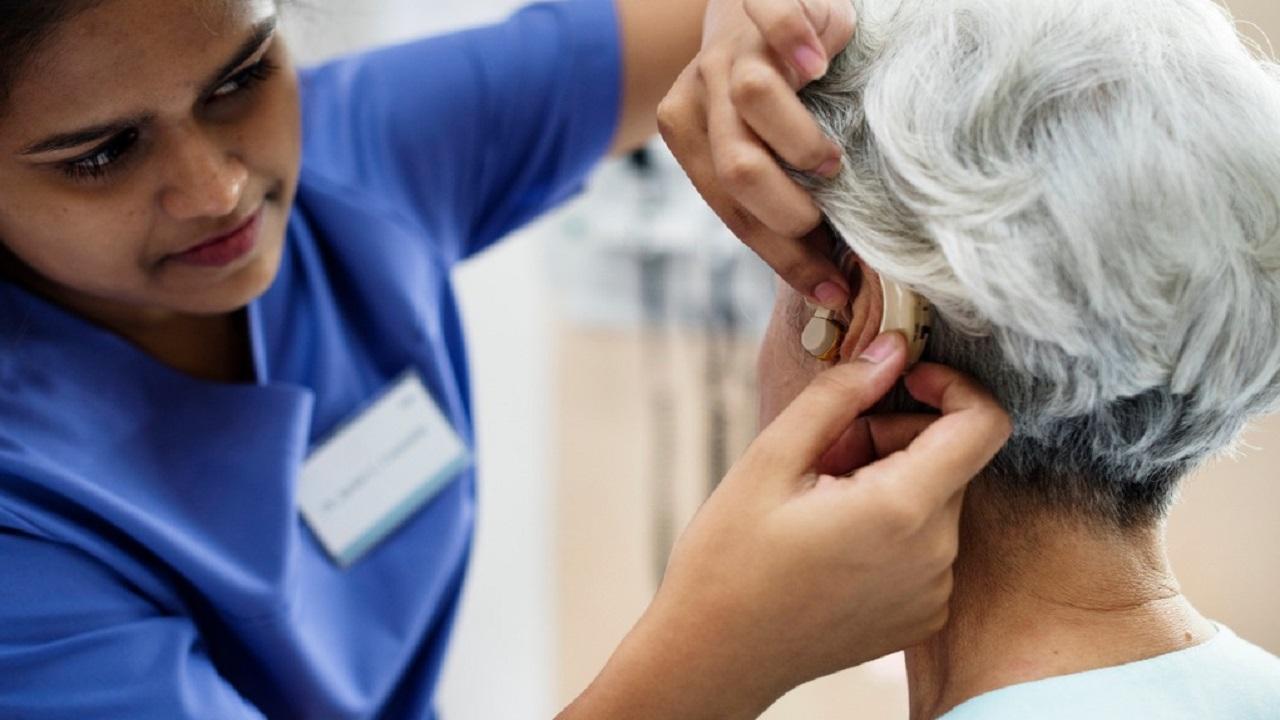The first World Report on Hearing by WHO, launched ahead of World Hearing Day on March 3, underlined the need to step up efforts to prevent and address hearing loss by investing and expanding access to ear and hearing care services, reports Xinhua news agency.

Photo used for representational purpose. Pic/iStock
Nearly 2.5 billion people worldwide, or one in four people, may be living with some degree of hearing loss by 2050, and at least 700 million of them will require access to ear and hearing care and other rehabilitation services unless action is taken, the World Health Organization (WHO) warned.
The first World Report on Hearing by WHO, launched ahead of World Hearing Day on March 3, underlined the need to step up efforts to prevent and address hearing loss by investing and expanding access to ear and hearing care services, reports Xinhua news agency.
According to the report, almost 60 per cent of hearing loss in children can be prevented through measures such as immunisation for the prevention of rubella and meningitis, improved maternal and neonatal care, and screening for and early management of otitis media, or inflammatory diseases of the middle ear.
While in adults, noise control, safe listening and surveillance of ototoxic medicines together with good ear hygiene can help maintain good hearing and reduce the potential for hearing loss, it said.
However, lack of accurate information and stigmatising attitudes to ear diseases and hearing loss often limit people from accessing care for these conditions.
WHO statistics showed that in most countries, ear and hearing care is still not integrated into national health systems and accessing care services is challenging for those with ear diseases and hearing loss.
But the most glaring gap in health system capacity is in human resources, the report said.
Among low-income countries, for example, about 78 per cent have fewer than one ear, nose and throat (ENT) specialist per million population.
This gap can be closed through integration of ear and hearing care into primary health care through strategies.
"Untreated hearing loss can have a devastating impact on people's ability to communicate, to study and to earn a living," said WHO Director-General Tedros Adhanom Ghebreyesus.
This story has been sourced from a third party syndicated feed, agencies. Mid-day accepts no responsibility or liability for its dependability, trustworthiness, reliability and data of the text. Mid-day management/mid-day.com reserves the sole right to alter, delete or remove (without notice) the content in its absolute discretion for any reason whatsoever.
 Subscribe today by clicking the link and stay updated with the latest news!" Click here!
Subscribe today by clicking the link and stay updated with the latest news!" Click here!







